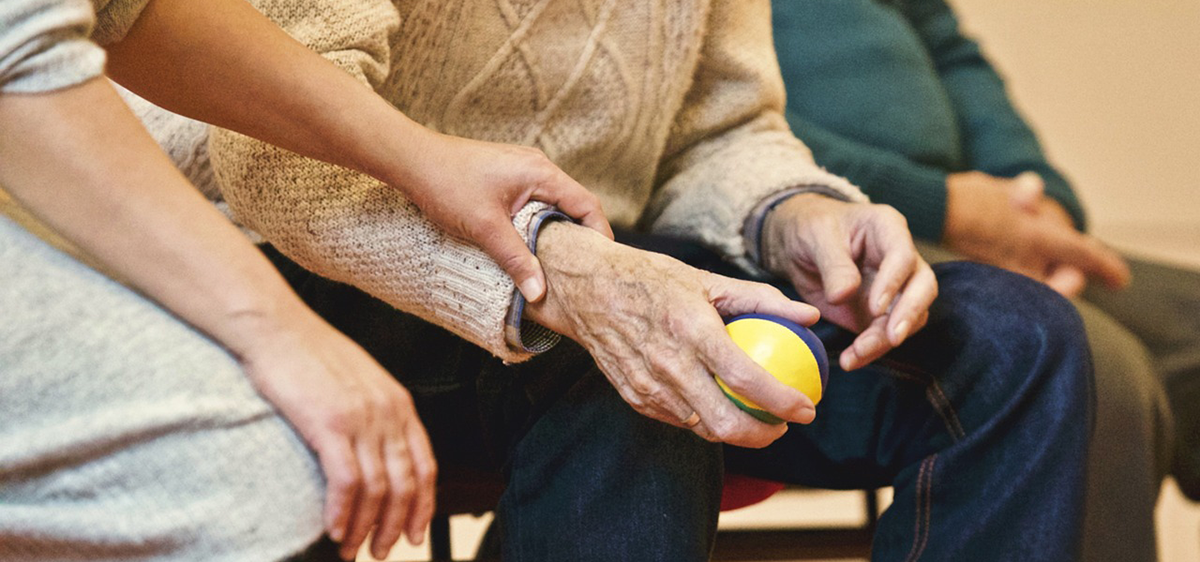
23 Jan How one pharma exec uses her father’s cancer experience to better patients’ clinical journeys
By Christina DiArcangelo, Affinity Patient Advocacy via Clinical Leader
Until my father became a Stage 4 oncology patient in 2015 — and even with myself working as a pharmaceutical executive — I was unaware of the improvements needed in clinical trials. Many times, as pharmaceutical professionals, we try to develop clinical programs and products that will hopefully cure a patient’s therapeutic issue or at least reduce, if not cure, their symptoms. However, after observing some unsettling things with my father’s diagnosis and during his treatment, I vowed to affect change through my nonprofit advocacy firm, Affinity Patient Advocacy, and also in the clinical research work I perform daily.
My father had several physicians, including an oncologist who did not always speak with the other specialists working with my father. At one point, my father’s hepatologist gave him a medication that was interacting with another one of his medications, and my father experienced cognitive impairment. My father has always been very aware of what was going on and could easily navigate 150 pages or more in labor contracts that he negotiated on behalf of the Teamster members he represented. So when I noticed that my father seemed to be impaired, I spoke with his doctors to go over all of his medications. Upon doing so, we were able to see that he was having a drug interaction. If I had not been paying attention to his vitals and behavior, I am not sure how long this issue would have continued. I soon understood that physicians do not always coordinate with or speak about their patients with one another. It is unfortunate that these physicians do not see themselves as part of a team for the patient in the patient’s best interest.
Based on this and other personal experiences in and around clinical studies, I’m offering a few ways clinical trial leaders and organizers can improve the patient experience. Read more …



